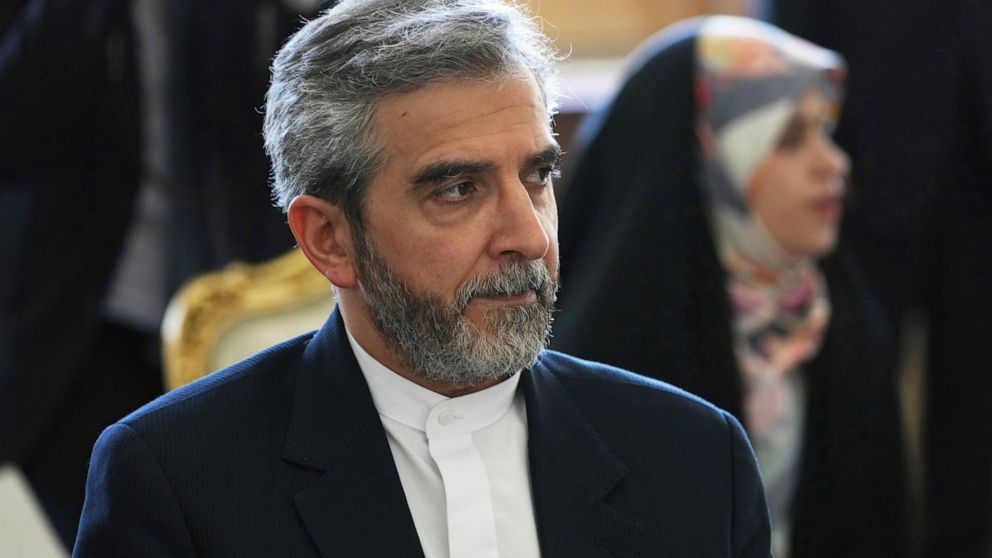UNITED NATIONS — Iran said Thursday it is ready for new indirect talks with the United States to overcome the last hurdles to revive its tattered 2015 nuclear deal with major powers amid a growing crisis over the country’s atomic program.
Iran’s U.N. Ambassador Majid Takht Ravanchi told the U.N. Security Council that the Iranian “negotiating team is ready to engage constructively again to conclude and reach agreement.”
“The ball is in U.S.’ court, and if the U.S. acts realistically and shows its serious intention to implement its obligations, the agreement is not out of reach,” he added.
Ravanchi’s remarks came a day after indirect negotiations between Iran and the U.S. ended in Qatar after failing to make significant progress. Yet Ravanchi described the Qatar talks as “serious and positive.”
He said Iran will contact the European Union coordinators “for the next stage of talks.”
During intensive consultations with EU’s foreign policy chief Josep Borrell in Tehran last week “Iran once again emphasized its willingness to provide creative solutions to the remaining issues in the hope of ending the deadlock,” Ravanchi said.
He spoke at a Security Council meeting on the U.N. resolution that endorsed the 2015 nuclear deal and its five permanent members — the U.S., Russia, China, Britain and France — and Germany. In 2018, then-President Donald Trump pulled America out of the agreement, known as the JCPOA, raising tensions across the wider Middle East and sparking a series of attacks and incidents.
President Joe Biden’s administration has been working to renew the agreement, which placed curbs on Iran’s nuclear program in exchange for billions of dollars in sanctions relief, which Iran insists it has never received.
The State Department said after this week’s talks in Doha that Iran “raised issues wholly unrelated to the JCPOA and apparently is not ready to make a fundamental decision on whether it wants to revive the deal or bury it.”
Before Ravanchi spoke, U.S. deputy ambassador Richard Mills told the council that the United States “remains committed to a mutual return to full implementation” of the JCPOA.
Mills said the U.S. has been prepared for months to conclude a deal based on understandings negotiated in Vienna in March, “but we can only conclude a deal, and implement it, if Iran drops its additional demands that are outside the scope of the JCPOA.”
The Vienna talks have been on “pause” since March. And since the deal’s collapse, Iran has been running advanced centrifuges and rapidly growing stockpiles of enriched uranium to 60% purity, a short, technical step away from weapons-grade levels.
However, Tehran continues to suffer under intense economic sanctions while the West hopes to again curtail its nuclear program.

